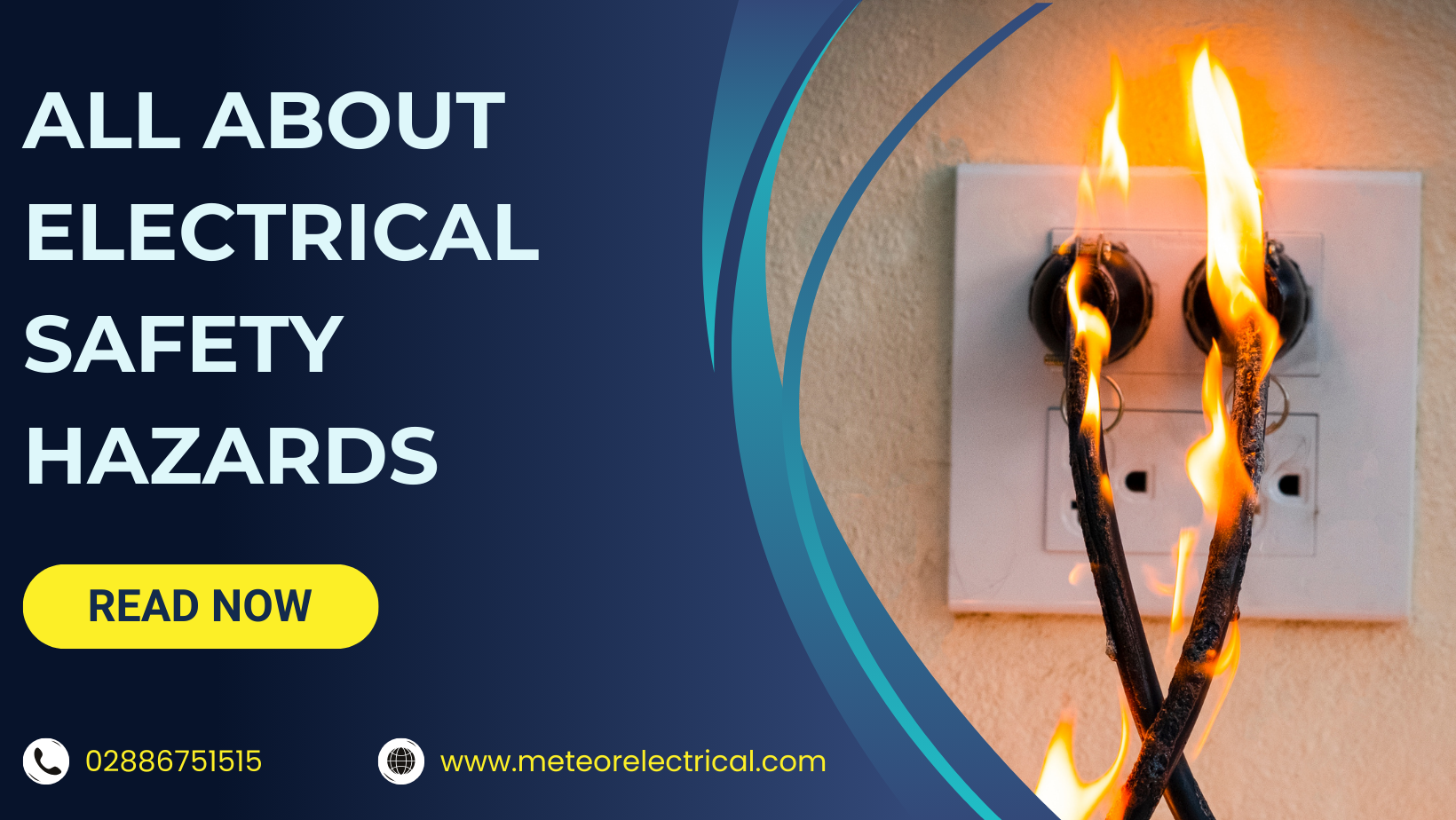Common Electrical Safety Hazards And How To Avoid Them
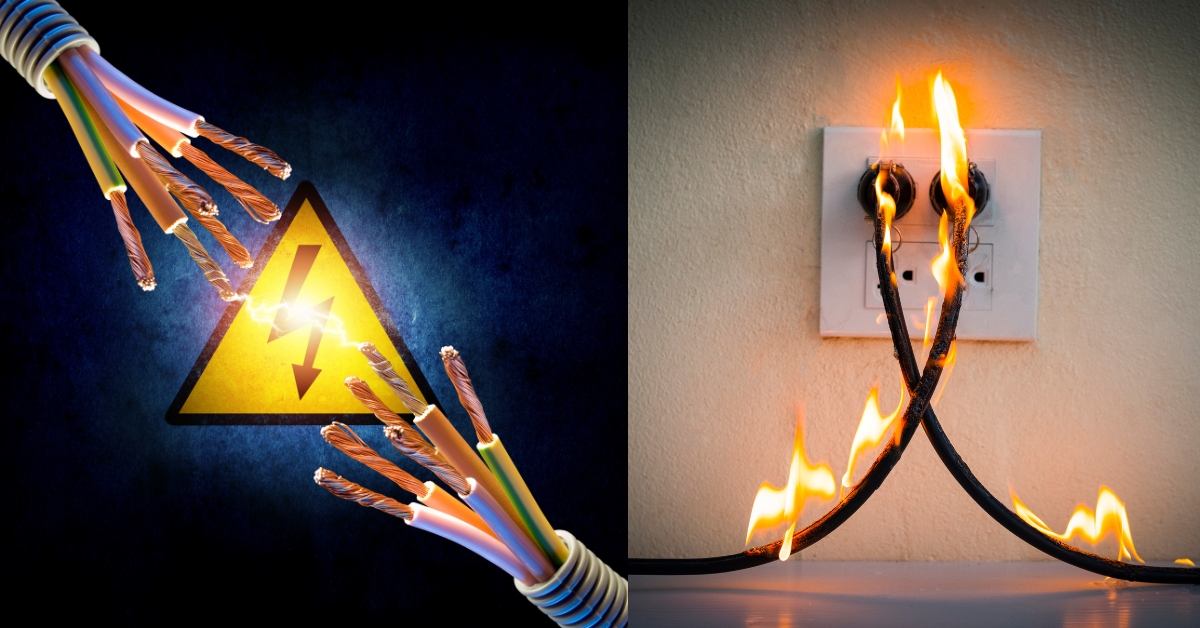
Electricity powers our modern world, but when mishandled, it can turn dangerous or even deadly. Electrical hazards are a constant threat from residential homes to large industrial facilities if not managed properly. Electrical fires, shocks, and injuries are more common than you might think, and they can be avoided with the right knowledge and precautions. According to the Electrical Safety Foundation International (ESFI), electrical hazards cause more than 30,000 non-fatal shock incidents each year in the U.S. and approximately 20,000 accidental fires are started each year by electrical appliances in the UK.
Whether you are fixing something minor in your home or dealing with a more complex setup at work, understanding the risks and following proper electrical safety procedures can save lives. In this article, we’ll walk you through the most common electrical hazards and how you can avoid them to keep your home, workplace, and loved ones safe.
Learning about electrical safety hazards will keep you safe and ensure no harm to your electrical systems. Read along to learn more about common electrical safety hazards and how to avoid them.
What Is Electrical Safety?
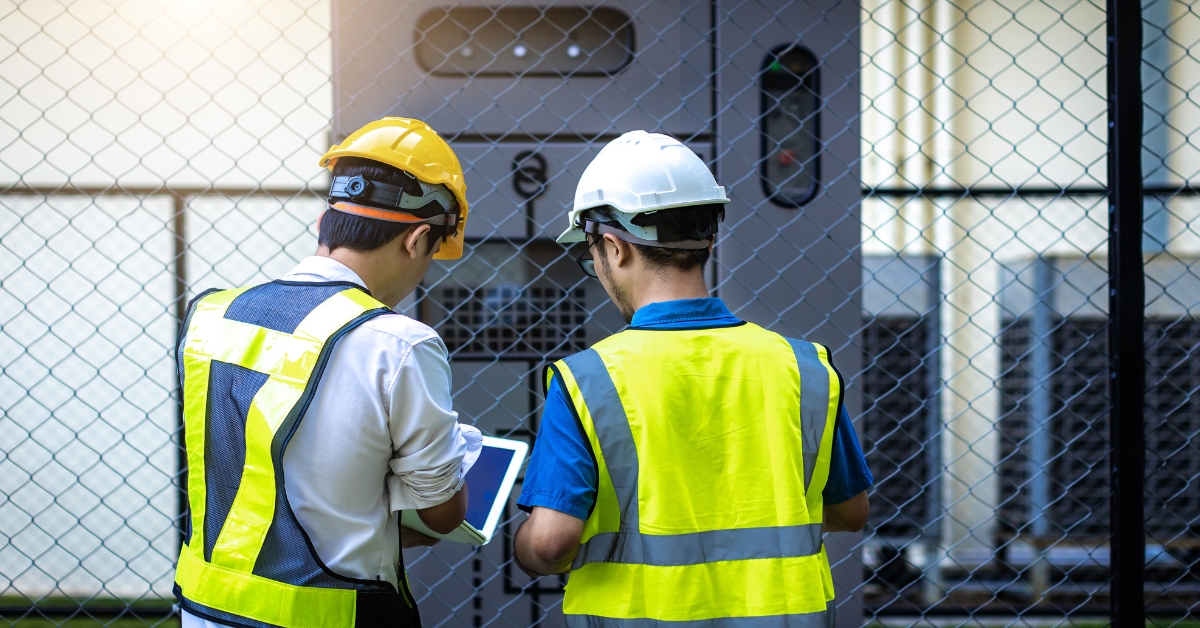
Electrical safety refers to safely handling electrical systems, wiring, and appliances to prevent injuries and property damage. It includes guidelines, rules, and protocols that help minimise risks and protect individuals from electrical shocks, burns, and fires.
While electricians and electrical workers are typically well-versed in these safety measures, everyone should have a basic understanding of electrical hazards. With more and more electrical devices being used daily, awareness and caution have never been more critical.
Electrical safety guidelines are important because they tell you exactly what to do in case of a hazardous situation. If you don’t follow these rules, you can seriously injure yourself or, worse, deal with a potentially fatal accident.
Why Is Electrical Safety Important?
In today's modern world, electricity is everywhere, from home appliances and office equipment to large industrial machinery. While these devices make our lives easier, they also increase the risk of accidents if incorrectly handled. Poorly maintained electrical systems, damaged wiring, or improper use of equipment can lead to serious accidents, including fatal injuries. Following electrical safety rules can prevent such incidents.
Moreover, the risks are even greater for those working directly with electrical systems, such as electricians and industrial workers. They are often exposed to high-voltage systems and must strictly follow safety guidelines to prevent injury or death.
Credit: HSEBox
Common Causes of Electrical Hazards
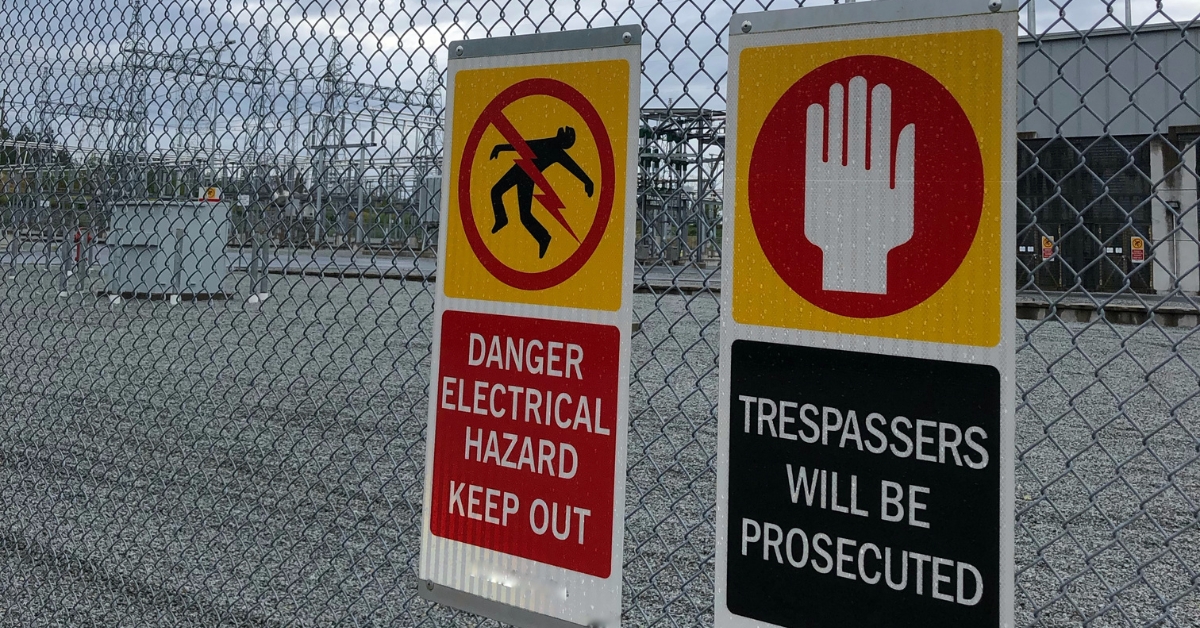
Electrical hazards can arise in many situations, from everyday household activities to industrial operations. Below are the most common causes:
- Faulty or damaged wiring
- Damaged equipment
- Poor-quality fittings and connections
- Loose connections
- Working with live equipment
- Using electrical equipment with incorrect voltage
- Overloading power outlets and equipment
- Handling electrical devices without proper training
- Lack of earthing/grounding and bonding
- Keeping your electrical system in poor condition
- Lack of knowledge about your switchboard
Each of these causes carries serious risks, but with the right preventive measures, the likelihood of accidents can be significantly reduced.
1. Faulty or Damaged Wiring
One of the leading causes of electrical hazards is faulty or damaged wiring. Over time, wiring can degrade, become damaged, or simply become outdated. Wires with frayed insulation or exposed conductors can cause fires, electric shocks, or even fatal accidents. Regular inspections and maintenance are crucial to ensure your wiring is in good condition.
Did you know that damaged wiring accounts for 13% of all home fires in the U.S.? Regularly check your home's wiring for signs of wear and tear, and replace damaged wires immediately.
2. Damaged Equipment
Another common cause of electrical hazards is damaged equipment. This could include frayed cords, broken appliances, or equipment that is not functioning correctly. Damaged equipment can lead to electric shocks, short circuits, or even fires. Always inspect electrical devices for signs of damage before using them.
In industrial settings, damaged equipment can pose even greater risks, especially if it's near flammable materials. Ensure that all equipment is regularly maintained and inspected by qualified professionals.
3. Poor-Quality Fittings and Connections
Using cheap, poor-quality electrical fittings and connections is dangerous. These products often do not meet safety standards, which increases the risk of electrical fires, short circuits, and other hazards. To avoid this, always use high-quality materials approved by safety regulators such as the British Standards Institution (BSI).
4. Loose Connections
Loose electrical connections, such as in outlets or plugs, may seem minor but can result in arcing, which leads to electrical fires or shocks. Over time, the pins in a plug can wear down or lose their grip, increasing the risk of an accident. Regularly check for loose connections and have them repaired promptly.
Loose connections are even more common in older homes, where the electrical systems are not designed to handle modern appliances. Call a professional electrician immediately if you notice flickering lights or sparks when plugging in a device.
5. Working with Live Equipment
Working with live electrical equipment can be extremely dangerous. Energised devices are a common hazard, especially for electricians who handle them regularly. Always ensure the power is switched off before working on any electrical component.
For professionals who must work with live equipment, using insulated tools and protective gear is crucial to avoid serious injury.
6. Incorrect Voltage Usage
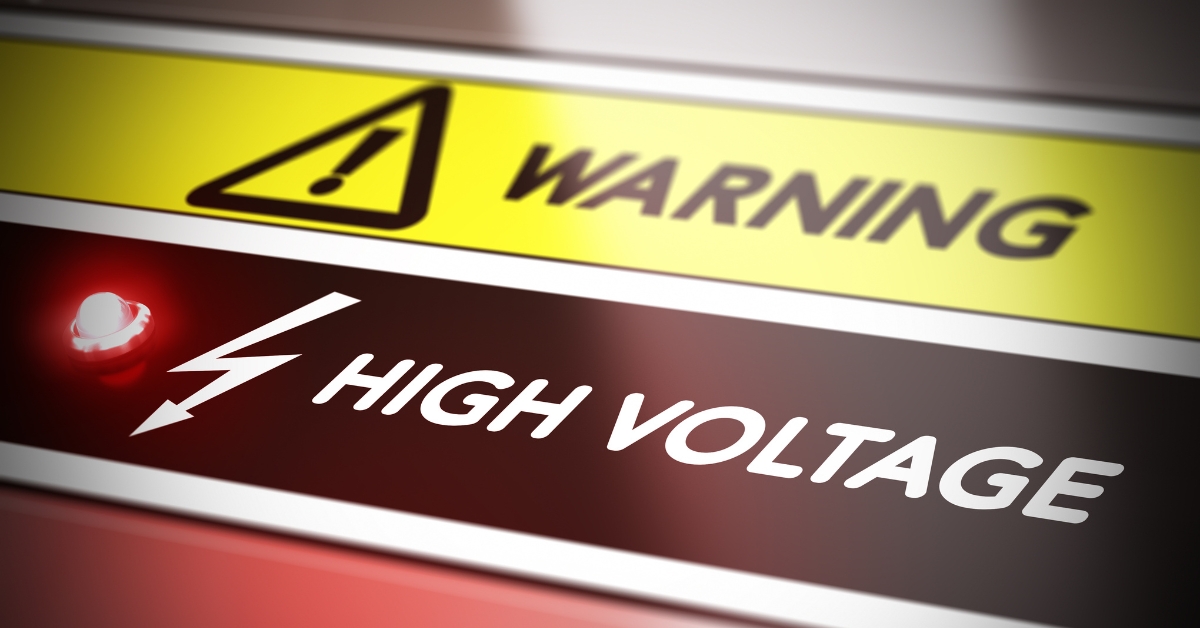
Using devices with the wrong voltage can cause damage to the equipment and put you in danger. For example, plugging a device designed for 110V into a 220V outlet can result in overheating, damage, or fire.
Always check the voltage requirements of your electrical devices and ensure they match the available power supply.
7. Overloading Power Outlets and Equipment
Overloading circuits by plugging too many devices into a single outlet can lead to overheating and electrical fires. It’s a common mistake in homes and offices, where multiple appliances are plugged into one extension cord.
To avoid this, distribute the electrical load across several outlets and avoid using high-wattage appliances on the same circuit. Consider using surge protectors to prevent overloading and protect your devices from power surges.
8. Handling Devices Without Proper Training
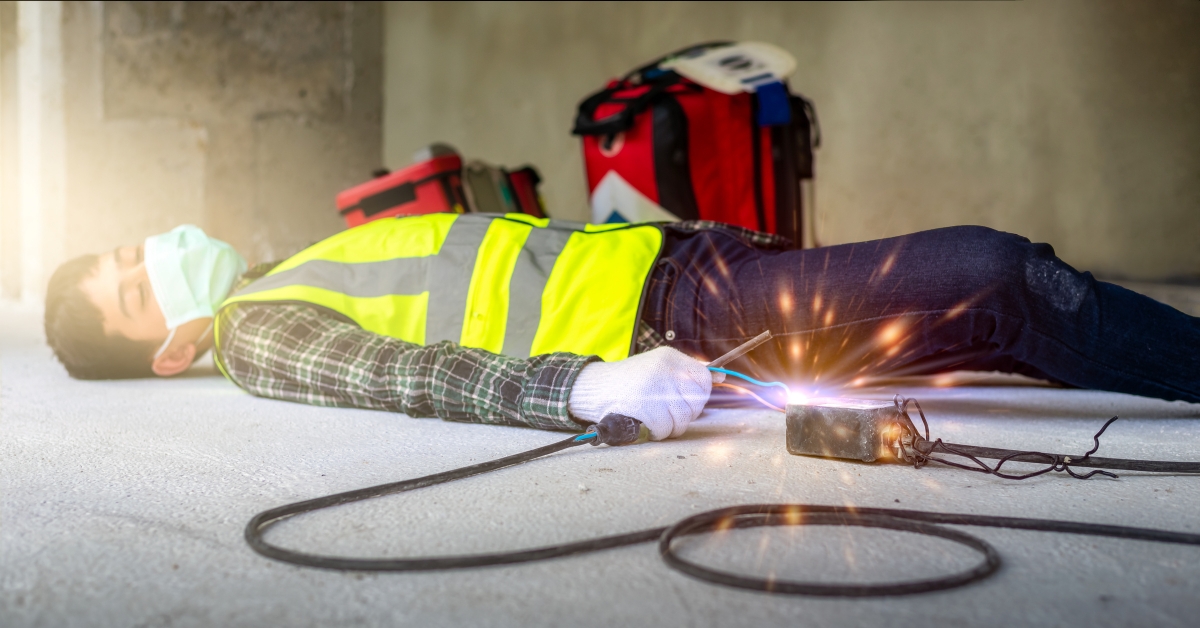
Handling electrical devices without the necessary training or knowledge can lead to serious injury. If you're unfamiliar with electrical systems or how they work, it’s best to leave repairs or installations to a qualified professional. Trying to DIY electrical repairs can result in accidents, including shocks or fires.
9. Lack of Earthing, Grounding, and Bonding
Earthing (or grounding) is an essential safety measure in any electrical system. It prevents electric shocks by providing a safe pathway for electrical current to flow to the ground in the event of a fault. Without proper grounding, you could be at risk of electrocution if a fault occurs.
In the UK, the green and yellow wires are used for earthing. To ensure safety, make sure your electrical system is properly earthed.
Bonding is connecting all metal components in a circuit to prevent them from becoming live in the event of a fault. This is particularly important in homes with metal water pipes or appliances, as a lack of bonding can create a dangerous situation where multiple components become electrically charged.
10. Poorly Maintained Electrical Systems
Neglecting to maintain your electrical system can result in dangerous situations. Dust, debris, and moisture can accumulate around electrical components, increasing the risk of malfunction or fire. Keep your electrical system clean and dry, and regularly check for signs of wear and tear.
Proper maintenance also involves replacing old or damaged components, such as fuses, switches, and outlets. If you’re unsure how to do this, contact a professional for help.
11. Lack of Knowledge About Your Switchboard
Many homeowners and business owners are unfamiliar with their switchboards, yet these devices are crucial for controlling the flow of electricity in a building. A switchboard divides and distributes electrical power to various devices and appliances, including safety features such as circuit breakers to prevent overloading.
Understanding how your switchboard works can help you avoid electrical hazards. For example, if a circuit breaker trips, it’s a sign that the system is overloaded and needs attention. Regular switchboard inspections can help identify potential issues before they become serious problems.
How To Maintain Your Electrical System: Key Tips for Safety and Longevity
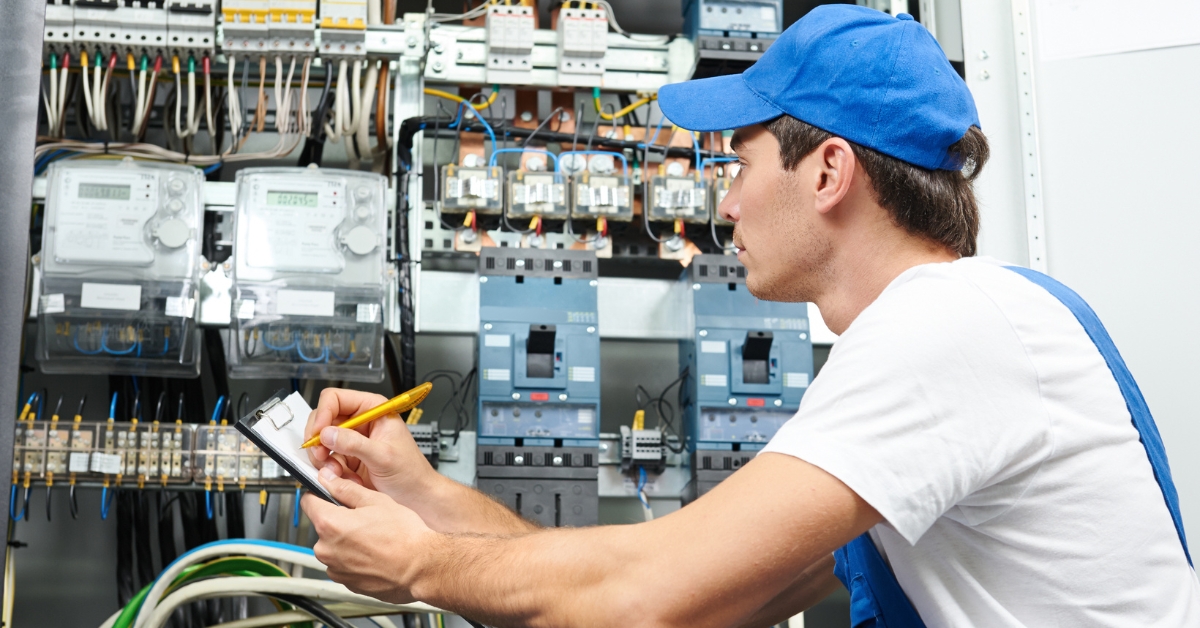
Maintaining your electrical system prevents hazards like power cuts, fires, or costly repairs. Whether you manage your home’s system or oversee a business space, conducting regular inspections, tests, and repairs will safeguard the occupants and extend the lifespan of your electrical components. This guide will walk you through essential steps to keep your electrical system in top shape and avoid potential dangers.
Why Electrical Maintenance is Important
Electrical systems are integral to our daily lives, powering everything from household appliances to business operations. Regular maintenance ensures these systems function smoothly without unexpected outages or fire hazards. Neglecting this upkeep can lead to dangerous malfunctions that endanger lives and require expensive repairs or replacements.
Moreover, proper electrical maintenance helps cut long-term costs. By identifying potential problems early, you can prevent the need for major, costly repairs down the line. Replacing small, faulty parts before they escalate into bigger issues will save you money and stress in the future.
While electricians or trained maintenance professionals usually carry out this process, there are simple steps you can take to keep your system safe and operational. Here’s how to start.
Credit: NM Cabling Solutions
Key Electrical Maintenance Tips
1. Use the Right Wiring for the Job
Choosing the right type of wiring is fundamental to maintaining a safe electrical system. Indoor wiring isn’t designed to handle harsh outdoor conditions; using it outside can cause serious safety hazards. Always make sure you’re using cables that are approved for the intended environment.
For example, outdoor-rated wiring is insulated to withstand weather elements, while indoor wiring isn’t equipped for such exposure. Using incompatible wires outdoors can lead to insulation breakdowns, short circuits, or even fires.
2. Replace Fuses as Needed
If your system frequently blows fuses, it clearly indicates something is wrong. Ignoring this issue can cause significant damage to your system over time. It's important to replace blown fuses immediately and investigate the root cause with the help of a professional electrician. Often, it could be a sign of overloading, faulty wiring, or outdated electrical panels that need upgrading.
3. Get Rid of Frayed Wiring
Frayed wires are a ticking time bomb regarding electrical safety. Exposed wires can easily spark fires or lead to electrocution. If you spot any damaged wires in your system, replace them immediately. Don’t attempt to repair severely frayed wires yourself—it’s always better to replace them completely for peace of mind.
4. Never Force Plugs into Sockets
If a plug doesn’t fit easily into a socket, don’t force it. Forcing a plug can cause damage to the socket and the device, making both more prone to hazards. Always use plugs that are compatible with your sockets, and if a socket is loose or damaged, have it replaced to prevent future issues.
5. Avoid Overloading Circuits
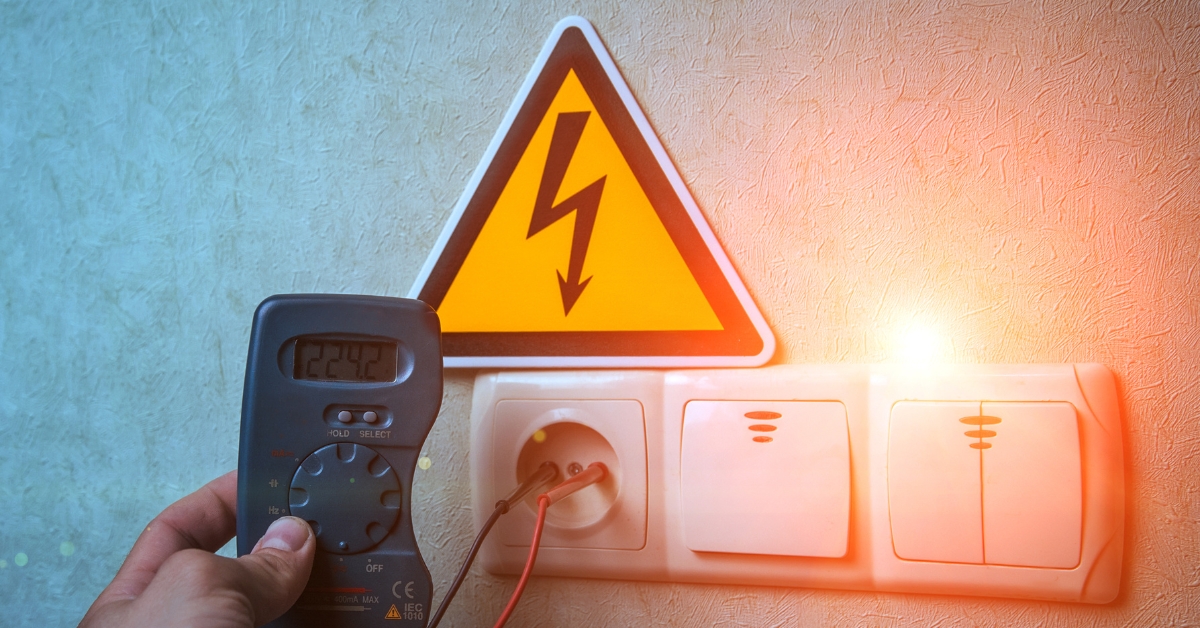
Overloading circuits is one of the most common causes of electrical hazards. Plugging too many high-voltage appliances into a single socket can cause overheating, leading to fires or damage to your equipment. Be aware of the power capacity of your circuits and never exceed it. Installing additional outlets or power strips with surge protection can help distribute the load safely.
| Maintenance Tip | Description | Why It’s Important |
|---|---|---|
| Use Proper Wiring | Ensure you are using the right type of wiring for indoor and outdoor environments. | Incompatible wiring can cause short circuits and fires, especially in harsh outdoor conditions. |
| Replace Blown Fuses | Replace fuses immediately and consult a professional if the problem persists. | Ignoring blown fuses can signal overloading or faulty wiring, which could lead to fires or damage. |
| Replace Frayed Wires | Always replace damaged or frayed wiring rather than attempting to repair it. | Frayed wires are a major fire and electrocution hazard if left unattended. |
| Avoid Forcing Plugs into Sockets | Never force a plug that doesn’t fit properly into a socket. | Forcing a plug can damage both the socket and device, leading to electrical malfunctions. |
| Prevent Overloading Circuits | Do not overload outlets by plugging in too many high-voltage devices. | Overloaded circuits can cause overheating, leading to fires and damage to appliances. |
| Childproof Electrical Systems | Install childproof covers on outlets and secure loose wires. | Protects children from the risk of electric shock or injury. |
| Upgrade Old Electrical Systems | Replace outdated plugs, sockets, and wiring with modern alternatives. | Older systems may not meet today’s safety standards and can pose significant risks. |
| Understand Electrical Capacity | Ensure your system has enough capacity for modern, high-power appliances. | Using high-capacity devices on low-capacity systems can cause overloads and damage. |
| Install Emergency Lighting Systems | Set up emergency light fittings to provide illumination during power outages. | Ensures safe evacuation and reduces risks during emergencies like power failures or fires. |
Childproofing and Upgrading Systems
6. Childproof Your Electrical Systems
If you have young children at home, childproofing your electrical outlets is a must. Simple plug covers can prevent children from inserting objects into outlets, which could lead to serious injury or shock. Additionally, make sure that any exposed wiring is hidden or secured and that electrical cords are kept out of reach.
7. Upgrade Your Outlets and Systems
Outdated electrical systems may not meet modern safety standards. If your home or office still uses old plugs, sockets, or wiring, it’s time to upgrade. Loose or ageing outlets can become a fire hazard, and older wiring may not handle the demands of today’s appliances. Investing in modern, higher-capacity systems ensures safety and efficiency.
8. Understand Electrical Capacity
Every electrical system has a specific capacity. In older homes, the electrical system may not have been designed to support the number of appliances we use today. High-capacity devices, such as air conditioners and refrigerators, can overload outdated systems.
If you live in an older home, consider consulting an electrician to evaluate your system’s capacity. Upgrading your electrical system to meet modern demands can prevent overloading, short circuits, and other electrical issues.
Emergency Lighting: A Safety Must-Have
9. Install Emergency Lighting Systems
Emergency light fittings are a crucial component of any building's safety system. In the event of a power failure, these lights illuminate exit paths and ensure that occupants can safely evacuate. Emergency lighting is particularly important in commercial buildings but is also a wise investment for homes.
At Meteor Electrical, you can find a wide selection of emergency lighting solutions, from maintained to non-maintained emergency lights. These systems provide backup power in the event of an outage, keeping critical areas illuminated during emergencies.
For example, the Industry Committee for Emergency Lighting (ICEL) mandates the use of emergency lighting in UK buildings, underscoring its importance for safety compliance. Whether you're safeguarding a business or your home, investing in emergency lighting is essential for maintaining a secure environment.
Conclusion: Why Choose Meteor Electrical for Your Electrical Needs?
Properly maintaining your electrical system is key to ensuring safety, longevity, and efficiency. By following these tips—using the right wiring, replacing faulty components, avoiding overloading, and investing in emergency lighting—you can significantly reduce the risk of electrical hazards in your home or business.
When it comes to sourcing high-quality electrical components, Meteor Electrical is your go-to partner. We provide everything from premium cabling and switches to modern lighting solutions, ensuring that all our products meet the highest safety standards. Whether you're upgrading your system, replacing old parts, or installing emergency lighting, we have the products and expertise to help you stay safe.
Investing in your electrical safety protects more than your property; it protects lives. From switches and sockets to excellent cabling, we carry every product to fit all your electrical needs. For reliable products that prioritize your safety, visit Meteor Electrical today and browse our wide range of electrical solutions.
FAQ's
Q: What are electrical hazards?
A: Electrical hazards refer to potential dangers associated with the use of electricity, including shocks, electrocution, fires, and explosions. These hazards can occur due to various factors such as faulty wiring, damaged equipment, improper installation, and contact with live electrical components.
Q: How can electrical hazards be identified?
A: Electrical hazards can be identified by observing warning signs such as flickering lights, tripped circuit breakers, burning odours, and damaged electrical cords or outlets. Additionally, visible signs of wear or damage to electrical equipment and insulation should be addressed promptly to prevent potential hazards.
Q: What are some common causes of electrical hazards?
A: Common causes of electrical hazards include overloaded circuits, exposed wiring, improper grounding, water exposure, defective equipment, and inadequate insulation. Failure to address these issues can lead to electrical accidents and pose serious risks to individuals and property.
Q: How can electrical hazards be prevented?
A: Electrical hazards can be prevented by following safety guidelines such as using ground fault circuit interrupters (GFCIs), avoiding overloading circuits, conducting regular inspections of electrical systems, using qualified electricians for installations and repairs, and providing proper training to individuals working with electricity.
Q: What should I do in case of an electrical hazard?
A: In case of an electrical hazard, it is essential to prioritise safety by immediately disconnecting power to the affected area, if safe to do so, and notifying others to avoid the hazard. Contacting emergency services and trained professionals for assistance is crucial to address the situation safely and effectively.

